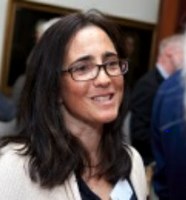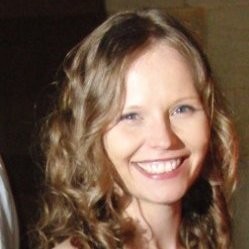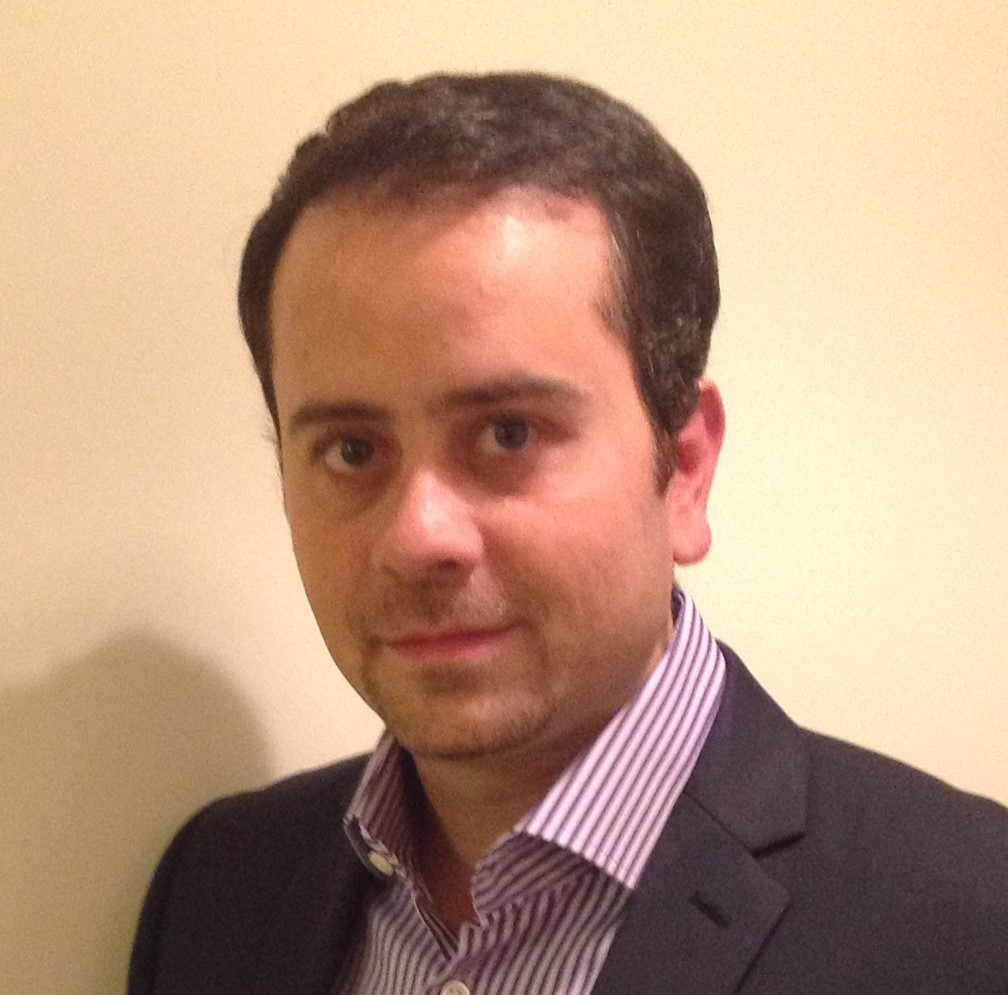PhD in Developmental Genetics, University of Edinburgh
| Director & Co-founder | |
|---|---|
| Catalyst Editorial, Ltd. | |
Job highlight: Working closely with the research and publishing community on issues that have an impact on the reporting, performance and integrity of science, supporting the academic community in their efforts to perform and report robust research, and learning about new and interesting science nearly every day.
What’s your background?
I did an undergraduate degree in Pharmacology at King’s College London, but realized as the course progressed that I was much more interested in molecular biology and genetics. Luckily, I had contacts in research, who introduced me to the wonders of developmental biology. This in turn led me to apply to do a PhD in Developmental Genetics at the MRC Human Genetics Unit in Edinburgh. I feel extremely fortunate to this day that the institute took a punt on me as a PhD student coming from another field. It was a steep learning curve but worth it.
Why did you move away from academia?
As a student and postdoc, I loved lab life, learning about science, and being at the bench. But I also liked to have a broader view of biology, to write and to read widely. As my research career progressed, I worried that I lacked the focus to apply myself to research projects for 3-5 years at a time. However, I also came to realise that my other interests were also my strengths, so I started to explore other career options that would play to these strengths. I initially looked into a career in science journalism after successfully applying to be a British Science Association media fellow at the Guardian. This was a fun and challenging experience, and one that strengthened my writing skills. Importantly, it also gave me first-hand experience at being a science journalist, and I found it wasn’t for me. I wanted to stay much closer to science and to continue to interact closely with the research community, which is how I came to apply for my first editorial position.
If you are interested in a career in science publishing and communication, seek out opportunities to improve and demonstrate your science communication, critical thinking and writing skills. These skills will all stand you in good stead when you come to apply for editorial, science writing or science communication positions.
How did you prepare for the work involved in your job?
As a postdoc and student, I took every possible opportunity that came my way to write. In addition to applying for the media fellowship, I also wrote summaries of research papers for Trends in Genetics and for a mouse knockout database in my spare time. All of this experience helped me to gain my first position as an editor of a Trends journal, and from there, my editorial career progressed pretty rapidly, to the point where I was managing journals and journal teams. The experience, knowledge and contacts I gained from over 15 years of working in science publishing provided the foundation for my setting up my own editorial consultancy company a few years ago. Running my own company has entailed another steep learning curve, but I love having the freedom to work on the things that really interest me.
Can you describe a typical week in your job?
My job is currently hugely varied. I can be travelling to or presenting a training workshop on research integrity or peer review one day, then helping an academic to prepare a grant proposal on another, while providing freelance editorial support to a journal in between. I also attend conferences on research integrity and publishing, and keep my science knowledge up to date by attending biology research conferences when I can.
Which transferable skills are most important to your job?
Good critical thinking skills, strong interpersonal and communication skills, the ability to write clearly and coherently, good time management, a passion for research and how it’s done, and a never ending curiosity about biology. And the ability to get quickly up to speed with some of the complexities of running a business!
What’s the best part of your job?
I particularly enjoy running training workshops for early career researchers. I like interacting with them, and hearing about their views and experience of research, supporting them in their career goals, and equipping them with some of the skills they need. They are also the next generation of research leaders, so it is incredibly important to get them thinking about research integrity, good research practice, open science and the kind of culture they want to work in.
Do you have any advice for current graduate students and postdocs considering a career outside of academia?
Carefully consider where your strengths lie and don’t be afraid to pursue what interests you most, even if that means leaving academia or changing fields. You have a lifetime of working ahead of you, so it’s important that your career not only earns you a living but gives you a sense of satisfaction and fulfilment as well. You also don’t need to have your whole career mapped out. Mine evolved holistically each time I took an active step towards something I enjoyed or was interested in. With respect to editorial roles, these positions can be highly sought after so do everything you can to ensure your CV demonstrates you have the skills needed for the job (see transferable skills above), and be willing to take internships and temporary positions to develop those skills.
 Through Catalyst Editorial, Jane Alfred offers a range of training services to the research community on research integrity, publishing ethics, science communication, and peer review. In developing these workshops, Jane collaborates with research managers and institute leaders to tailor training programs to meet the training needs of an institute or department. Training can consist of seminars or interactive workshops, and can be tailored to suit different audiences – from institute and group leaders, to early career researchers and PhD students. At Catalyst Editorial, we also provide a range of editorial services to authors. We use our editorial expertise to work with researchers from the biological and biomedical research community on their research and review manuscripts, grant proposals, reports, policy documents, commentaries and book chapters to ensure their research and ideas are communicated clearly, appropriately and effectively. We also provide freelance editorial support to publishers and editorial agencies.
Through Catalyst Editorial, Jane Alfred offers a range of training services to the research community on research integrity, publishing ethics, science communication, and peer review. In developing these workshops, Jane collaborates with research managers and institute leaders to tailor training programs to meet the training needs of an institute or department. Training can consist of seminars or interactive workshops, and can be tailored to suit different audiences – from institute and group leaders, to early career researchers and PhD students. At Catalyst Editorial, we also provide a range of editorial services to authors. We use our editorial expertise to work with researchers from the biological and biomedical research community on their research and review manuscripts, grant proposals, reports, policy documents, commentaries and book chapters to ensure their research and ideas are communicated clearly, appropriately and effectively. We also provide freelance editorial support to publishers and editorial agencies.





